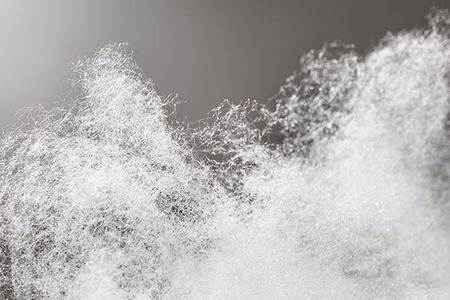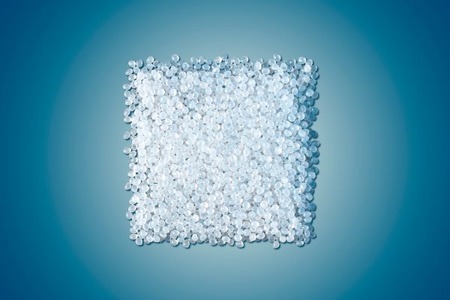BD to bring 11 farm products under Mandatory jute packaging rule
YarnsandFibers News Bureau 2017-01-13 16:00:00 – DhakaThe Bangladesh government to bring more items under the Mandatory jute packaging rule which will accelerate the domestic use of jute goods, said Nasima Begum, joint secretary of the textiles and jute ministry, adding that the notice will be sent soon.
It is set to make jute packaging mandatory for 11 more agricultural products as it continues to drum up domestic support for the ailing industry. The newly-added commodities to the compulsory packaging rule are: chilli, onion, ginger, garlic, turmeric, pulses, coriander, potato, flour and rice bran.
The latest move is expected to create an additional demand for 7.26 lakh bales (1.32 lakh tonnes) of jute a year, according to an estimate of the Department of Jute.
Industry insiders said that the move will help jute goods makers face the fallout of the antidumping duty imposed by India.
India on January 5 slapped an antidumping duty on the import of jute and jute goods from Bangladesh and Nepal to protect the domestic industry.
For Bangladesh's jute goods exporters, the duty ranges between $19 and $352 per tonne -- a measure that is likely to affect shipments of jute products to the neighbouring country.
Increased domestic consumption for inclusion of more items under the mandatory packaging rule will provide support to manufactures to withstand any possible fall in demand, Nasima Begum said.
Bangladesh started enforcing the mandatory packaging rule for commodities -- mainly rice, wheat and maize -- from the last quarter of 2015 to limit the use of environmentally harmful plastic bags.
Industry insiders said that the domestic use of jute has increased because of the enforcement of the rule.
For example, Bangladesh Jute Mills Corporation sold 43,000 tonnes of sacks and other goods in fiscal 2015-16, up 72 percent year-on-year, said a senior official seeking to remain unnamed.
Private jute mills also recorded higher domestic sales, said Abdul Barik Khan, secretary of Bangladesh Jute Mills Association.
According to provisional data from the Bangladesh Bureau of Statistics, farmers grew jute on 7.38 lakh hectares and harvested 82.47 lakh bales of jute in fiscal 2016-17, up 9 percent year-on-year. Increased demand encouraged farmers to grow jute on increased amount of land.
Market Intelligence
Ask for free sample Report

experience
Customer Base
dedicated team
Countries Served Worldwide









